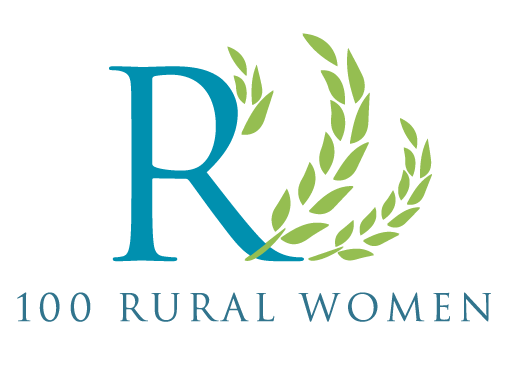“Things don’t always need a quick fix”
Mary is the owner/director of Laker Prep Preschool and Early Childhood Centers in Detroit Lakes, with her husband, Eric. While teaching kindergarten in the twin cities metro for 10 years, she witnessed firsthand the importance that quality early learning has on a child’s K-12 success.
After assessing the needs in Detroit Lakes, Mary and her husband Eric made the leap to start an all-day preschool program, They moved to her hometown, in 2011. The first year, Mary enrolled 10 children and one staff member. In 2015, a second location was opened, caring for children birth to kindergarten. They now enroll approximately 80 children, with 25 staff members.
In an attempt to wear one less hat, Mary is heading out of the lead teacher position in PreK. She wants to focus on her director role, supporting staff, children, and families program-wide. Moving forward, Mary would like to work towards the goal of workforce development, retention, and wages, in the Early Childhood field. Mary’s family enjoys all the outdoor and family-oriented activities that ‘lakes country’ has to offer!
We are excited to feature Mary through our Spotlight Profiles.
Question: Tell us about yourself
Answer: My name is Mary Rotter. I am the owner, co-owner with my husband, and director of Laker Prep Preschool and Laker Prep Early Childhood Centers in Detroit Lakes, MN. I am married to Eric (since 2007) and have two children Cole (11) and Etta (8). We also have three dogs (yes, that’s crazy talk), a goldfish, and six bullheads that our children caught. I didn’t expect them to be living this long, but they’ve lived almost two years. I have a history of working in Early Childhood. This is my 20th year. My profession began at Hope Community Academy in St. Paul, MN as a kindergarten teacher and then, later, a reading specialist. The past ten years have been here at Laker Prep, which we opened in 2011.
My connection with 100 Rural Women is I was on a panel. It was about women and caregiving and the COVID pandemic. And just kind of what changes we have encountered and accomplished and rose above those in our professions. I was really drawn to the title 100 Rural Women because I think that rural women are super impactful and we have to wear many hats all the time, and we have to work with what we’ve got. Our communities are really the steppingstones of what we can accomplish because when you have a great community behind you, then you can just master all kinds of things so that’s a little bit of me, in a nutshell.
Question: Describe your connection to rural America for us?
Answer: I was born and raised here in Detroit Lakes. When I graduated from high school, knew I wanted to be a teacher of some sort. I knew I wanted to go to a college that was near a bigger city but I didn’t really want my college to feel like a big city. Although I was drawn to like the U of M, which I’m a huge fan of right now and always have been, but I went to Augsburg College. So, it was a small college. For some people, the college class size was smaller than some of their high schools. But it was a great setting for me to go to Augsburg college and then in a city like Minneapolis.
Overall, I think it was the best step for me to go away from rural Minnesota for a while and then learn and grow. But, keep the rural Minnesota “vibe” along with me the whole time. As far as like community, and volunteering and trying new things, and being friendly. All those things I took with me to Minneapolis. But kind of tweaked all of those to become a better me. And then, when we returned to Detroit Lakes in 2011 with our two-year-old son at that time, then I feel like it just kind of enhanced my rural life when we moved back.
Question: Tells us about a moment you felt discouraged and how you overcame it.
Answer: It’s kind of hard to think of one thing. I mean in daily life, people have discouraging things all the time. I feel like what I have tried to work on is not to be a fixer. Of course, that can be a good thing and a bad thing all in one. When I get discouraged, or when I hit a roadblock, I sometimes feel like it needs a quick fix. But things don’t always need that. They need some time, thought, and extra work.
In the position I’m in now, as an owner and director, I try to support staff and teachers as they grow. As well as teach young children how to problem solve and work through conflict and be an active listener. Maybe it’s not so much how I overcame something that was discouraging, but how I am growing as a person. In order to work through daily life roadblocks and struggles and things like that. I’m working to be a more of a coach than someone that just wants to fix things all the time.
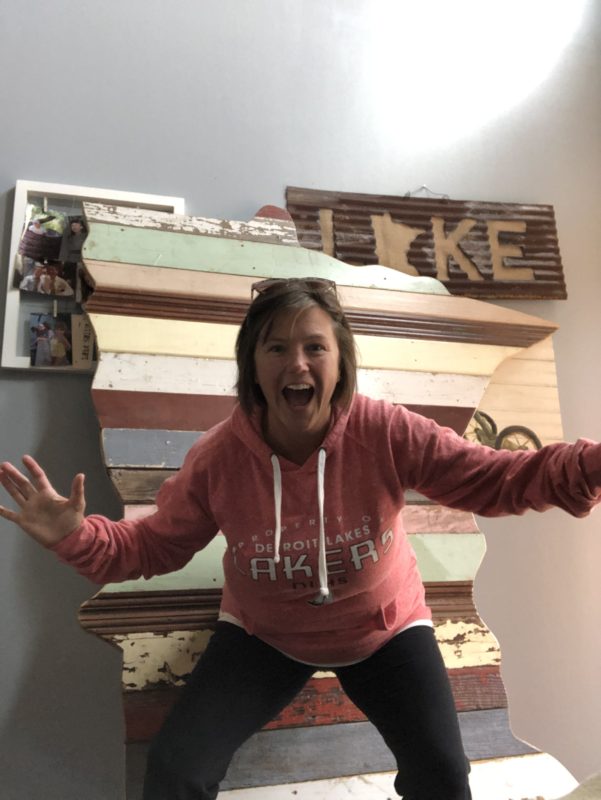
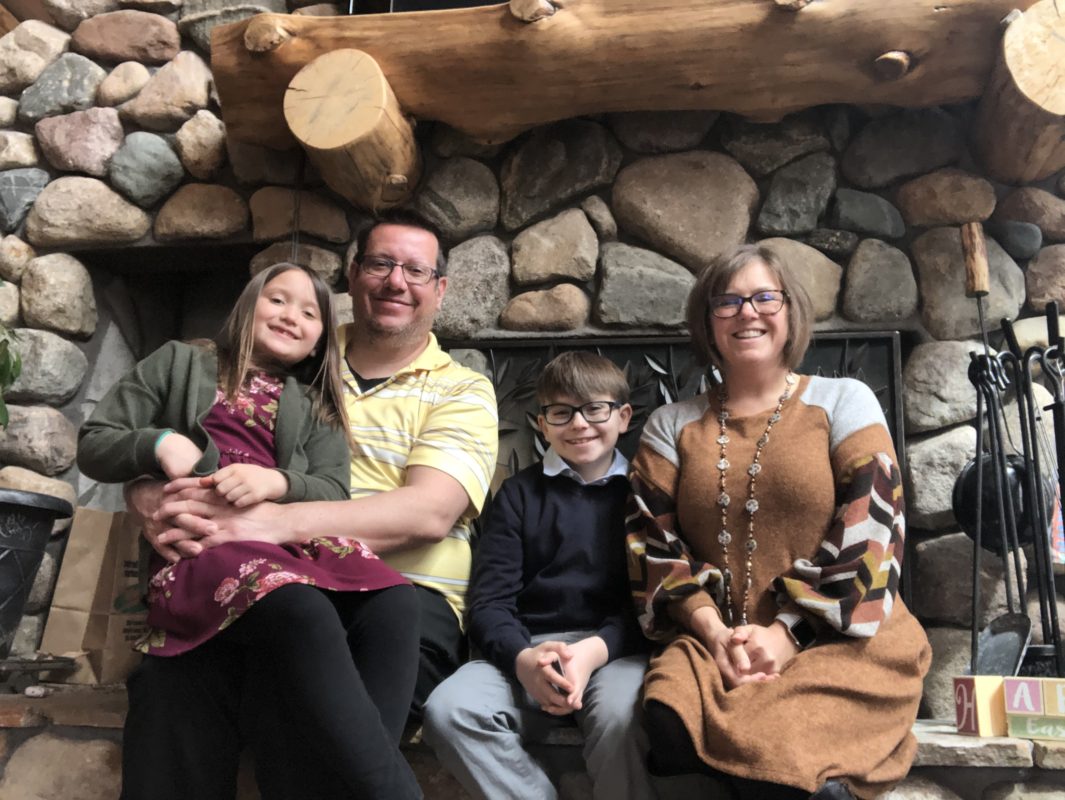
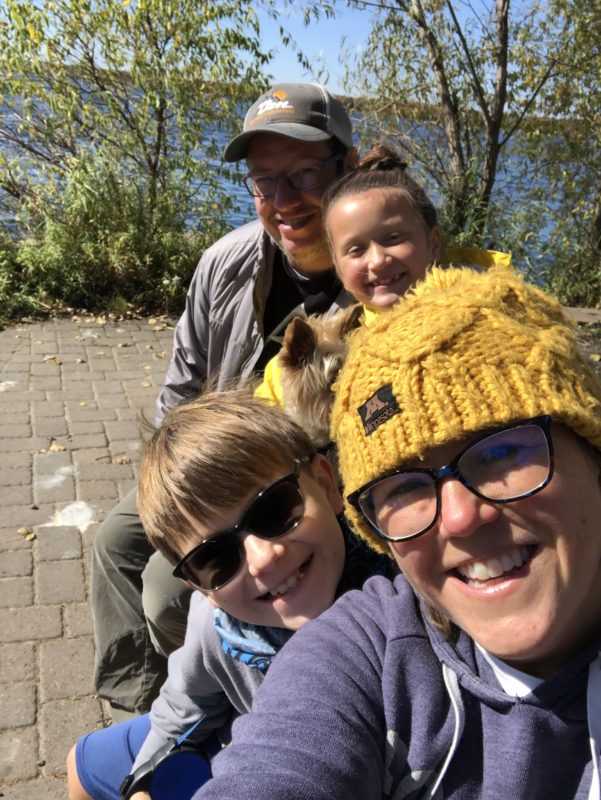
Question: How do you lead and create change in your community and how can your community better support rural women?
Answer: When you are involved in your community and you build rapport with a variety of people, positive change can happen. One of my most proud accomplishments in DL (aside from opening Laker Prep), is finding a way to start an EC Pow Wow with some other local leaders. This is grown from an idea to experience and celebrate with our young learners about pow wows and the Ojibwe culture, to now being a district-wide pow wow for ages K-12!
All in all, I love the relationships I’ve built, the knowledge I’ve gained, and the deep respect and admiration that I’ve developed for the Ojibwe culture and people. In Detroit Lakes, we have a TON of strong women. In fact, when I was involved in the webinar, I was able to give a list of several women who are movers and shakers in our community. Our local newspaper actually has a several-page insert each year, just about women in our community! We can do better by continuing to include, and give access to, women through employment, decision making, and volunteering.
Question: If you could give one piece of advice to your former self, what would that be and why?
Answer: Have a backbone but keep it respectful. I still get a little emotional when I talk about things that make me nervous or I am passionate about. However, every time I stay true to myself, stick to the facts and data, it makes me stronger. So, speak up for what you believe in and keep an open mind.
Question: Who or what has been your biggest inspiration?
Answer: On a close-to-home level, my mom. She is a person that has shown me I can be an entrepreneur, an involved mom, a loving partner, a change maker. She taught me to think outside the box, and keep a positive attitude. On a professional level, I have a few. Emily Beurmann is a person that I have worked closely with when planning pow wows. We also team on events and activities with the Becker County Museum. She is strong, creative, funny, and gets things done! I also admire Nancy Jost, from WCI, who has motivated and supported me to take some of these next steps in advocating for the EC profession.

